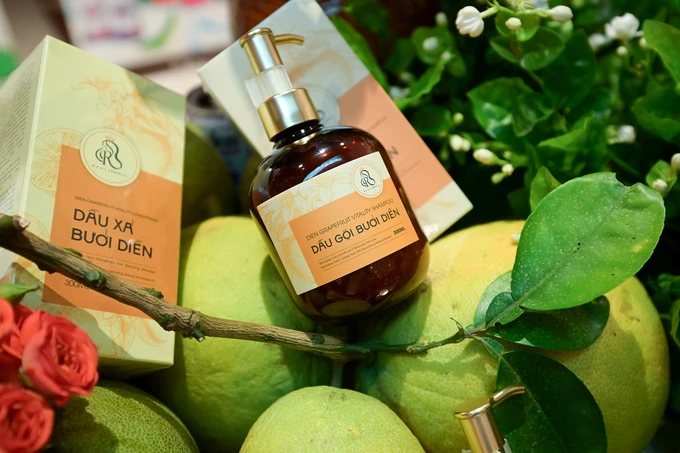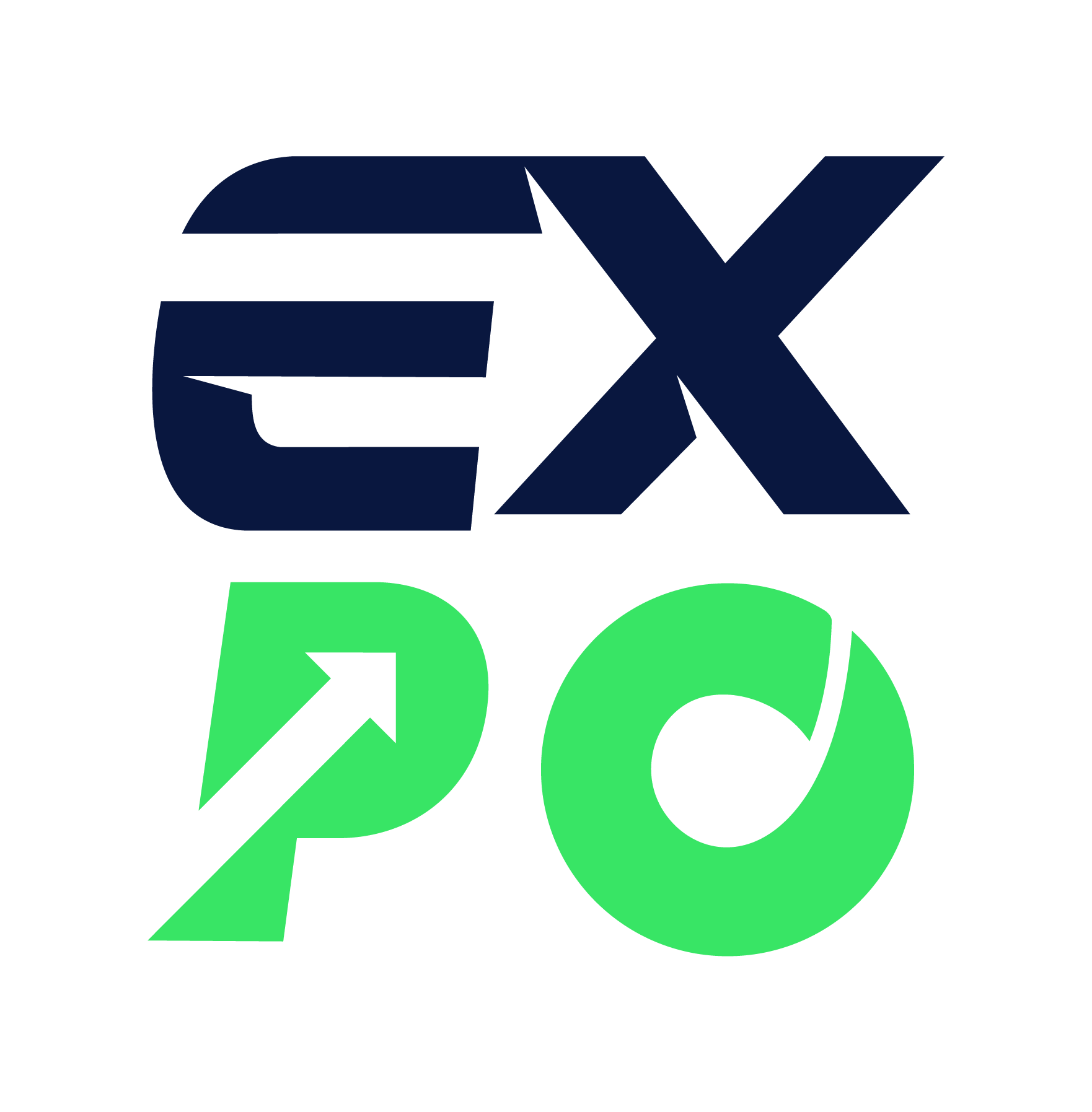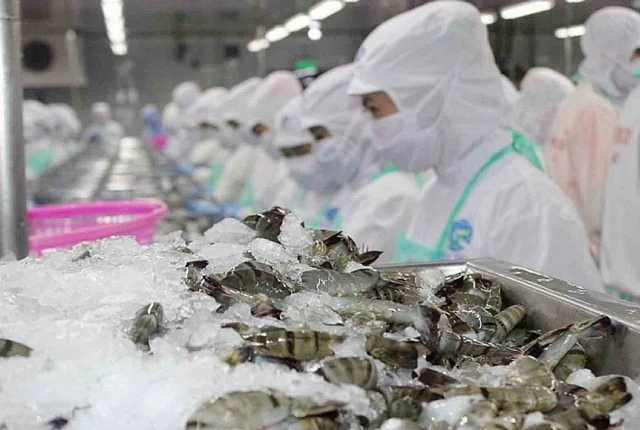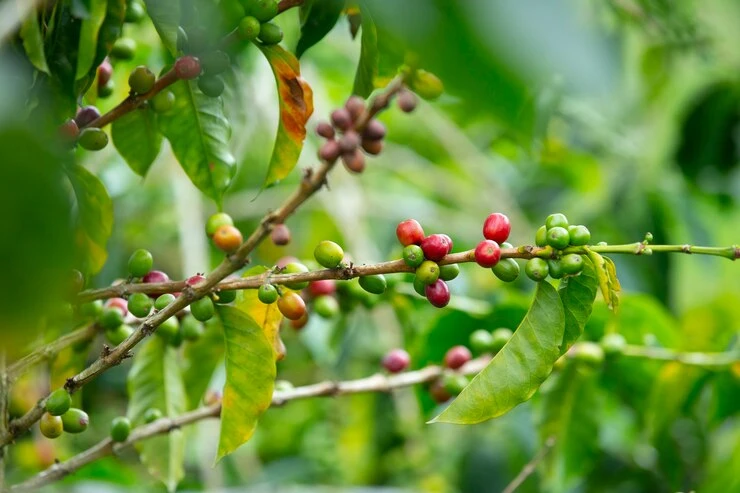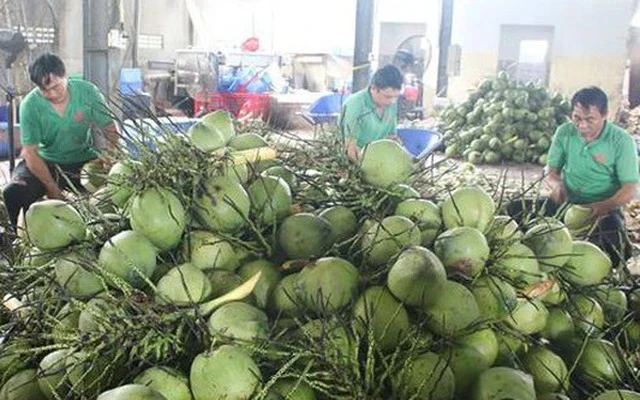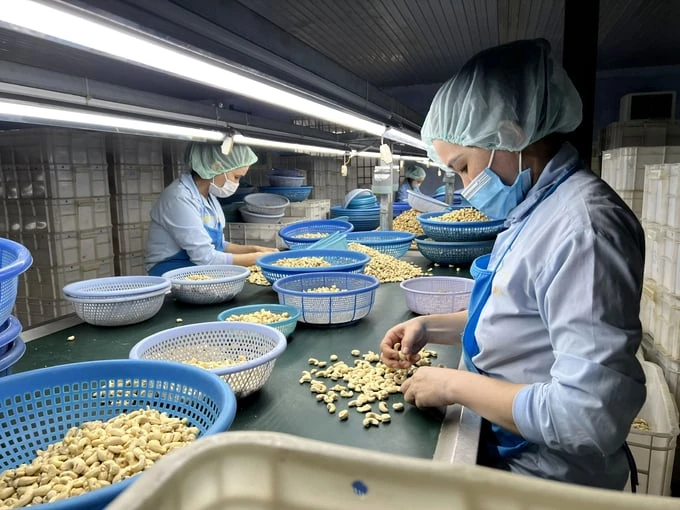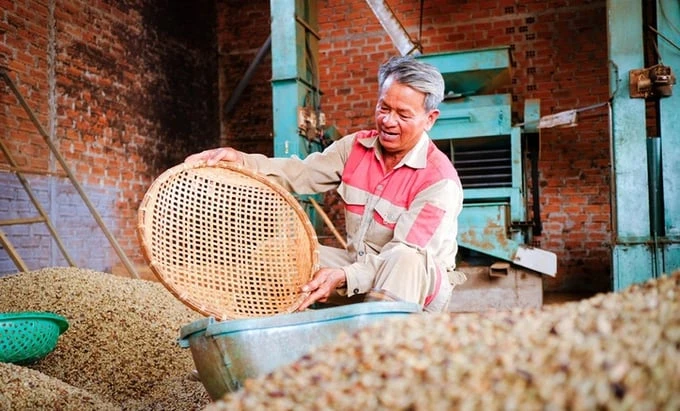The director of ECC Halal has stated that in order for Vietnamese businesses to successfully export Halal products to Europe, they must implement a variety of strategies, beginning with diversifying their consumer base.
“The Muslim consumer group in Europe is highly diverse, particularly among the second and third generations. These are individuals who have become deeply rooted in European society and have acquired sophisticated consumption habits. Therefore, they seek products that are in accordance with their lifestyle and adhere to Halal standards", stated Mr. Miran Ismael.
Currently, the food and beverage sector in numerous European countries is characterized by a preference for imported Halal products. Vietnamese businesses have the potential to supply premium Halal ingredients, ready-made dishes, seafood, and a variety of other products in this prospective area.
Furthermore, both Muslim and non-Muslim European consumers are increasingly emphasizing the importance of ethically-produced and sustainable products.
"This is also an area in which Vietnamese businesses can capitalize on their strengths, particularly if Vietnam prioritizes environmentally friendly packaging and sustainable farming," underscored the ECC Halal leader.
In order to achieve success in the European market with Halal products, Vietnamese businesses should also capitalize on the advantages of the e-commerce ecosystem to directly engage consumers.
"The younger generation of Muslims in Europe is particularly tech-savvy and frequently shops for Halal products on online platforms," the ECC Halal Director explained. He advised businesses to establish strong brands and offer a high-quality online purchasing experience.
Vietnam has the opportunity to concentrate on three primary product categories. Food and beverages are the top priority, with products that adhere to both European and Halal standards. Pharmaceuticals and cosmetics comprise the second category, which has a market value in the billions of euros. Lastly, there is a demand for Halal-certified ingredients, including gelatin, enzymes, emulsifiers, and other products.
Obstacles and solutions
It is imperative to acknowledge the obstacles that Vietnamese businesses encounter when exporting to the European market, in addition to their potential.
The director Miran Ismael, observed that the initial obstacle to examine is trade and services. Exporting to Europe necessitates a comprehensive understanding of trade policies, prospective tariffs, and the logistics sector.
"However, the European Union facilitates trade through agreements like the EU-Vietnam Free Trade Agreement (EVFTA), which helps reduce tariffs and simplifies market access to Europe," said the representative.
Consumer awareness and brand identity represent the next obstacle. Therefore, to achieve success in the European market, Vietnamese businesses must allocate resources to expanding their brand recognition and establishing themselves as dependable suppliers of Halal products.
The product packaging and branding should guarantee safety, sustainability, and high quality, which will appeal to the broader European market with its stringent standards and to Muslim consumers.
Vietnamese businesses have a valuable opportunity to meet consumer demand in the European Halal market, which is prepared for more robust development. The Director of ECC Halal underscored that Vietnamese exporters can capitalize on this promising and expansive market by emphasizing high-quality products that adhere to Halal standards and fully capitalizing on Europe's increasing demand for reliable sources.
"Vietnam is in a favorable position to establish itself as a premier supplier of Halal products to Europe." The head of ECC Halal emphasized that a prosperous future can be achieved by fostering coordination among the government, certification agencies, and the business community, resulting in the recognition of Halal products produced in Vietnam throughout Europe.
